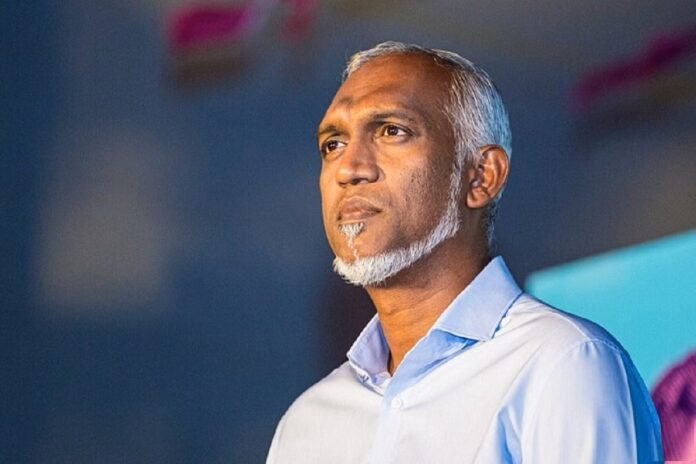In a move that underscores the deepening political divisions in the Maldives, the country’s two main opposition parties have announced their decision to boycott President Ibrahim Mohamed Solih’s upcoming presidential statement. The decision comes amid heightened tensions and growing discontent over the government’s handling of key issues, including governance, human rights, and the economy. As the Maldives grapples with internal strife and external pressures, the boycott by the opposition parties signals a widening rift that threatens to further destabilize the island nation’s fragile political landscape.
The Maldives, renowned for its picturesque beaches and vibrant marine life, has long been plagued by political turmoil and power struggles. The transition to democracy in 2008 offered hope for a new era of stability and progress, but the road to democratic consolidation has been fraught with challenges. The current political climate, marked by polarization and acrimony, reflects the underlying tensions that continue to simmer beneath the surface.
The decision by the Maldivian Democratic Party (MDP) and the Progressive Party of Maldives (PPM) to boycott President Solih’s presidential statement is a stark rebuke to the government’s authority and underscores the deep-seated grievances of the opposition. Both parties cite concerns over the government’s failure to address issues such as political repression, corruption, and economic mismanagement as reasons for their boycott.
For the MDP, which came to power in 2018 promising sweeping reforms and a break from the autocratic past, the disillusionment runs deep. Despite initial optimism surrounding President Solih’s election victory, the party has been beset by internal discord and accusations of backsliding on key reform initiatives. The decision to boycott the presidential statement reflects a growing sense of frustration among MDP members, who feel betrayed by the government’s failure to deliver on its promises.
Similarly, the PPM, led by former President Abdulla Yameen, has voiced concerns over the government’s handling of the economy and its alleged disregard for democratic norms. Yameen, who was ousted from power in 2018 following a contentious election, remains a polarizing figure in Maldivian politics. The PPM’s decision to boycott the presidential statement reflects its continued defiance and refusal to engage with what it perceives as an illegitimate government.
The boycott by the two main opposition parties is likely to deepen the political deadlock in the Maldives and further erode public confidence in the government’s ability to govern effectively. With key opposition figures refusing to participate in the democratic process, the prospects for meaningful dialogue and reconciliation appear bleak.
Moreover, the boycott raises concerns about the Maldives’ commitment to democratic principles and the rule of law. In a democracy, constructive engagement between the government and opposition is essential for the functioning of democratic institutions and the protection of fundamental rights. The absence of such engagement undermines the legitimacy of the political process and fosters a climate of distrust and animosity.
Against this backdrop, the international community has a crucial role to play in supporting efforts to resolve the political crisis in the Maldives. Diplomatic pressure, coupled with targeted sanctions and assistance programs, can incentivize the government and opposition to come to the negotiating table and find common ground on key issues. Regional organizations such as the South Asian Association for Regional Cooperation (SAARC) and the Commonwealth can also play a constructive role in facilitating dialogue and reconciliation among Maldivian stakeholders.
Ultimately, the boycott by the Maldives’ two main opposition parties is a symptom of deeper underlying tensions and grievances that have yet to be addressed. The path to a peaceful and prosperous future for the Maldives lies in dialogue, compromise, and a genuine commitment to democratic values. As the country navigates the challenges ahead, it is imperative that all stakeholders, both domestic and international, work together to overcome divisions and chart a course towards a more inclusive and democratic future.

